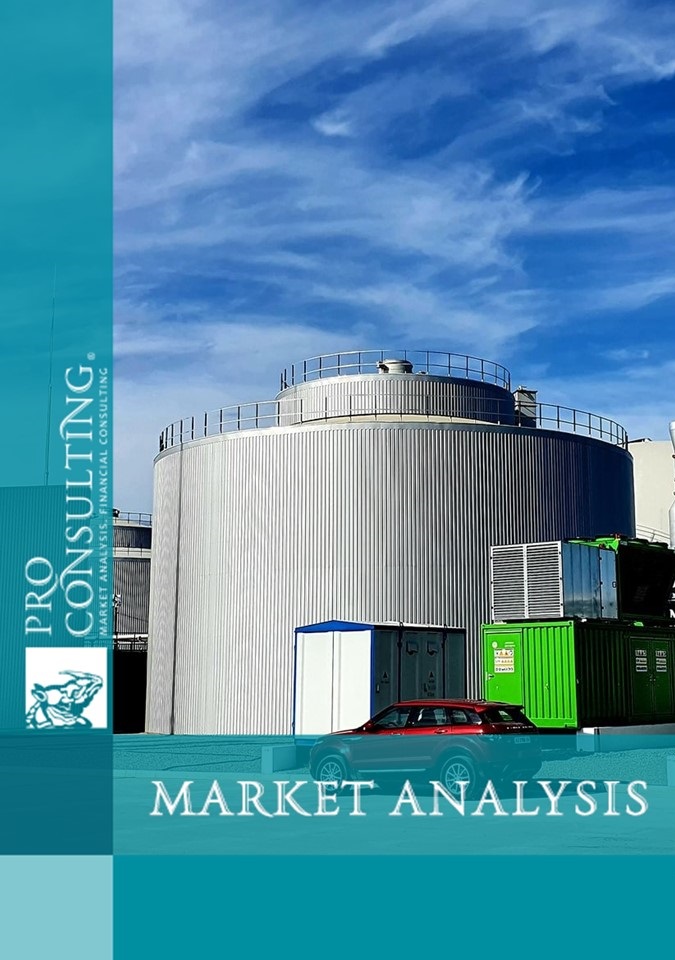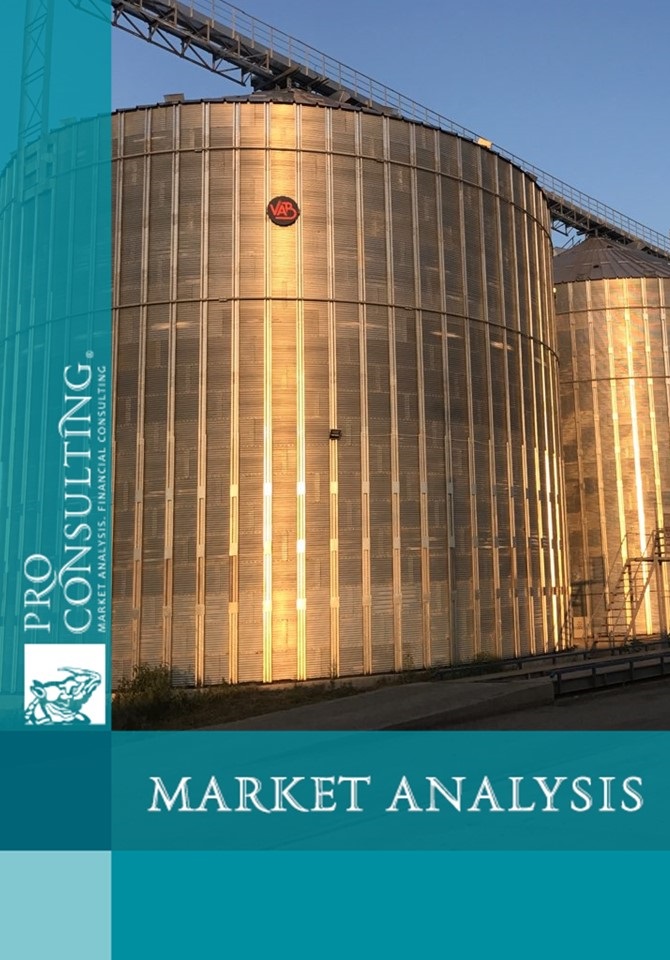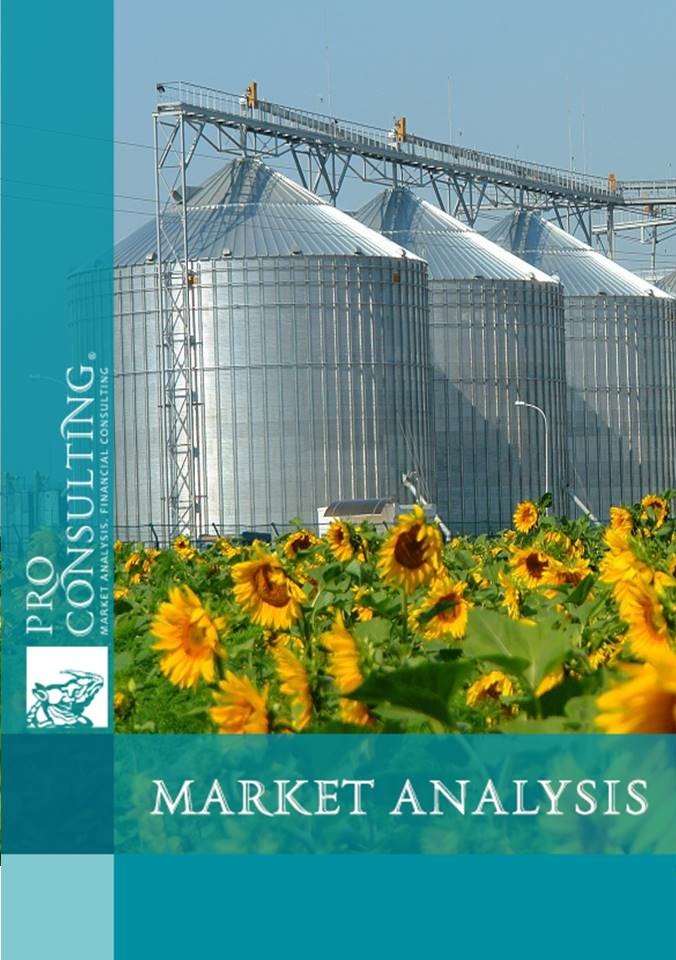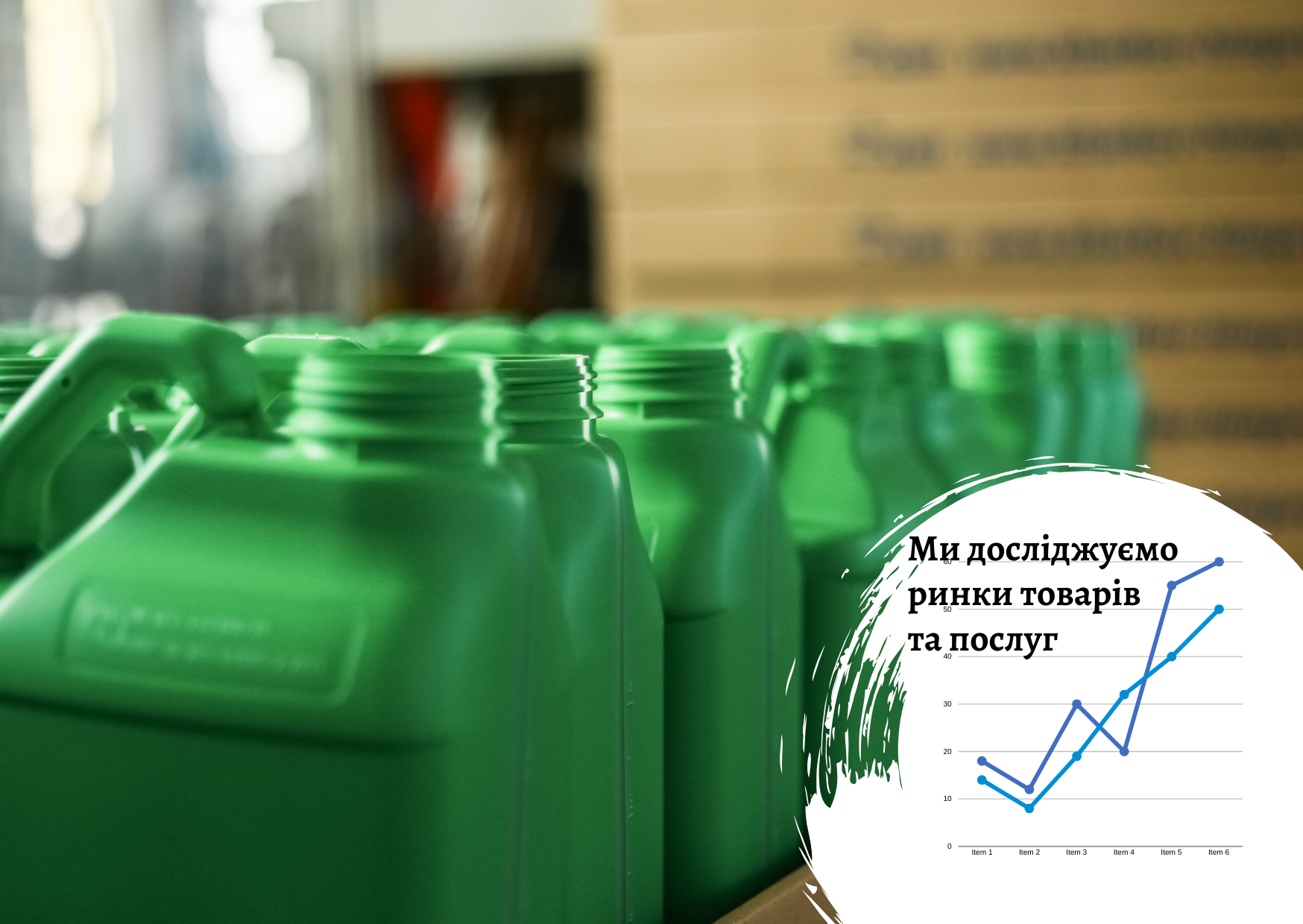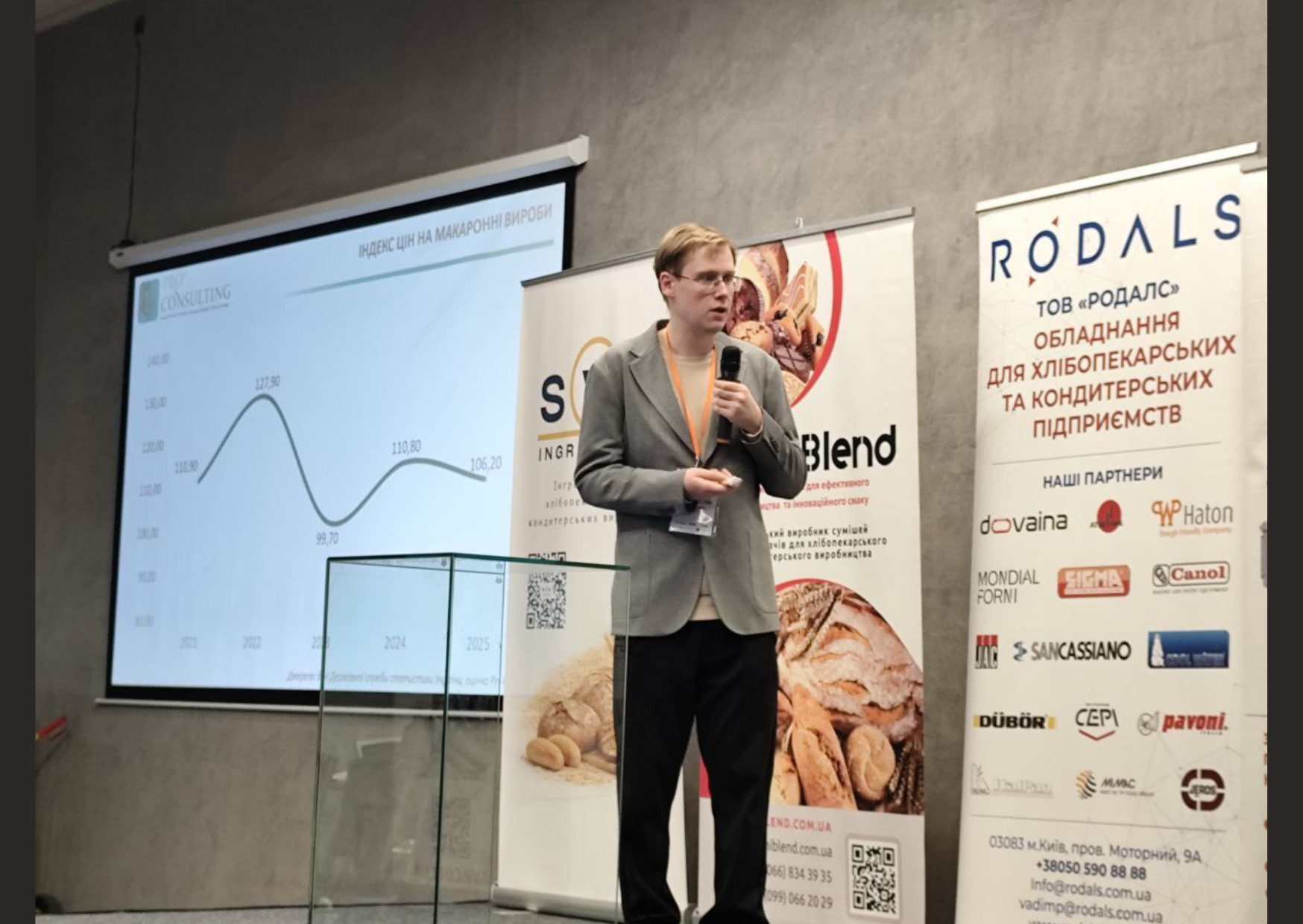
Ukrainian VT industry foresees sunny days ahead. Comments by Pro-Consulting’s CEO Oleksandr Sokolov for Elevator World
Despite recent political unrest involving Russia, as well as the pandemic bringing many projects to a halt in 2020, the Ukrainian elevator market holds promise, according to manufacturers and analysts. That is thanks to construction market recovery, overnment reform and niche markets, such as elevators that serve wind farms.
Useful: More than 1950 market research reports
Yuliia Sukhonos, spokesman for Euroformat, Ukraine’s largest domestic elevator manufacturer, said that, amid the ongoing stabilization of the Ukrainian construction market and its recovery from the pandemic, the company expects domestic market growth as demand for elevators from major local customers increases. Sukhonos said the market should recover to pre-pandemic levels this year, and even grow. That will be mainly due to rapid growth of the construction market. During January-June 2021, Sukhonos observed, housing construction in Ukraine increased 16.4%, compared to 2020.
With a capacity to produce approximately 1,500 elevators per year, including exports to Europe, Euroformat continues building a 32,150-m2 plant that will consist of three production workshops and a technology park. Notably, the company completed the only elevator test tower in Ukraine, a 40-m-tall facility.
Environmental Issues Gain Importance
According to analysts, the ever-growing importance of environmental issues in Ukraine has already been reflected in the country’s construction and vertical-transportation (VT) sectors, which led to the launch of investment projects in this field.
Useful: Analytical market research
In the meantime, the Ukrainian VT market remains within the sphere of global OEMs such as Otis, which is present in seven cities nationwide, with its main office in the capital, Kyiv. Broad geography enables Otis to deliver service and new equipment from the east to the west and from the north to the south. This makes purchases of new equipment, as well as installation, maintenance, replacement and modernization, readily available to customers all over Ukraine.
Otis’ service business in Ukraine serves approximately 1,200 companies in varying sectors of the economy. This portfolio includes real estate projects, state organizations — such as educational and healthcare institutions — and leisure sites, such as shopping malls.
Otis Ukraine recently latched onto the green energy trend and started servicing elevators on windfarm plants. “This was the real breakthrough for our business, as we were the first ones to ace this niche in Ukraine,” Mykyta Diachenko, managing director of Otis Ukraine, said. Otis mechanics in Ukraine were recently certified to maintain the unique elevators inside wind turbines as part of two new service contracts at wind farms in the Odessa and Kramatorsk regions. The mechanics now have a special license from the manufacturer, allowing Otis teams to service, repair and run tests on the elevator ropes and safety devices. The elevators allow wind farm technicians to safely reach the tops of the towers to perform maintenance on the turbines without an exhaustive climb — keeping turbines up and running to produce green energy. Because of their unique setting, these elevators have very different technical specifications, compared to typical elevators in a residential building, Diachenko said.
“Wind energy is a growing trend, and we have entered this cutting-edge field at the right time,” said Diachenko. “This is an example of how we can keep people moving and support our values by contributing to a greener and more sustainable future for all.”
In the meantime, most independent local analysts said future market dynamics will depend on growth of the construction sector and the overall stability and recovery of the Ukrainian economy. Alexander Sokolov, general director of Pro-Consulting Company. Ukraine’s leading analyst agency in construction and elevators, said that since the elevator market is directly dependent on the construction industry, the pandemic has had a significant negative impact. However, he said, the main drain on the market was not COVID-19, but the recent bankruptcies of two large Ukrainian developers: Ukrbud at the end of 2019 and Arkada in mid-2020.
Sokolov observed that, since elevator installation is carried out closer to the commissioning of a housing development, and the fact that many real estate projects were put on hold, this had a negative effect on the Ukrainian elevator market. In 2020, the total area of commissioned housing and buildings in the country decreased by 45.3%, compared to 2019. That also led to a significant drop in demand for elevators, he said.
According to Pro-Consulting analysts, the capacity of the Ukrainian elevator market in 2020 fell by 8.9% year-on-year to roughly US$120 million in terms of value. The decline was observed in both production, which was down by 2.2%, and foreign trade, as imports decreased by 8.0% and exports by 22.8%. Ninety-three percent of the market was made up of imported products. Accordingly, domestic production declined by almost a quarter in 2020. Imports declined by a smaller margin.
According to Pro-Consulting data, among the leaders of the Ukrainian VT market are Finnish OEM KONE and the Chinese company Mizui (Shanghai Mitsubishi Elevator Co., Ltd.) In 2019, KONE was a leader, with 25.6% market share. However, since the beginning of 2020, the company’s market share declined to 11.8%. Instead, the lead was taken by Mizui, whose share is currently estimated at 12.5%. Belarusian outfit Mogilevliftmash also remains a major player, with a share of 10.9%.
Government Reforms Offer Hope
Most local players and analysts also hope for more state support for the industry. So far, such support has been extremely limited, often leading to prices for imported products being significantly lower than those of domestic products. That prevented further growth of the industry, currently estimated at US$100-120 million.
Euroformat’s Sukhonos said local producers are particularly hopeful about recently completed state reform in the construction and elevator sector, and the establishment of a new industry regulator — the State Inspectorate of Architecture and Urban Planning of Ukraine — to replace its corrupt predecessor, which was dissolved in fall 2021.[1] The agency handles registration and permits for construction projects, including elevators.
The establishment of the new state body promises to eliminate corruption schemes in both the construction and VT sectors, as well as significantly simplify processes for construction organizations and VT companies.
According to the Center for Macroeconomic Modeling of the Kiev School of Economics, the Ukrainian GDP is expected to grow 4.4% in 2022, which should contribute to further growth of the construction sector and VT market.
Reference
[1] Hunder, Max, “State Architecture and Building Inspectorate Closed Due to Corruption,” Kyiv Post, September 16, 2021.
Source: Elevator World

